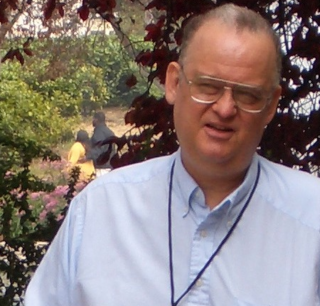A Quote by Ralph Merkle
A molecular manufacturing technology will let us build molecular surgical tools, and those tools will, for the first time, let us directly address the problems at the very root level.
Related Quotes
Technology sometimes gets a bad rap because of certain consequences that it's had on the environment and unforeseen problems, but we shouldn't use it as an excuse to reject our tools; rather, we should decide that we need to make better tools to solve the problems caused by the initial tools in a progressive wave of innovation.
It is now widely realized that nearly all the 'classical' problems of molecular biology have either been solved or will be solved in the next decade. The entry of large numbers of American and other biochemists into the field will ensure that all the chemical details of replication and transcription will be elucidated. Because of this, I have long felt that the future of molecular biology lies in the extension of research to other fields of biology, notably development and the nervous system.
Those of us who stand outside the circle of this society's definition of acceptable women; those of us who have been forged in the crucibles of difference - those of us who are poor, who are lesbians, who are black, who are older - know that survival is not an academic skill...For the master's tools will not dismantle the master's house. They will never allow us to bring about genuine change.
Most of us go through life as failures, because we are waiting for the 'time to be right' to start doing something worthwhile. Do not wait. The time will never be 'just right.' Start where you stand, and work with whatever tools you may have at your command, and better tools will be found as you go along.
There is a race between the increasing complexity of the systems we build and our ability to develop intellectual tools for understanding their complexity. If the race is won by our tools, then systems will eventually become easier to use and more reliable. If not, they will continue to become harder to use and less reliable for all but a relatively small set of common tasks. Given how hard thinking is, if those intellectual tools are to succeed, they will have to substitute calculation for thought.
































